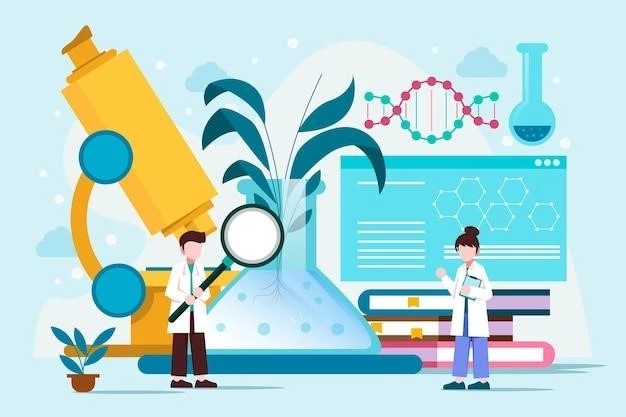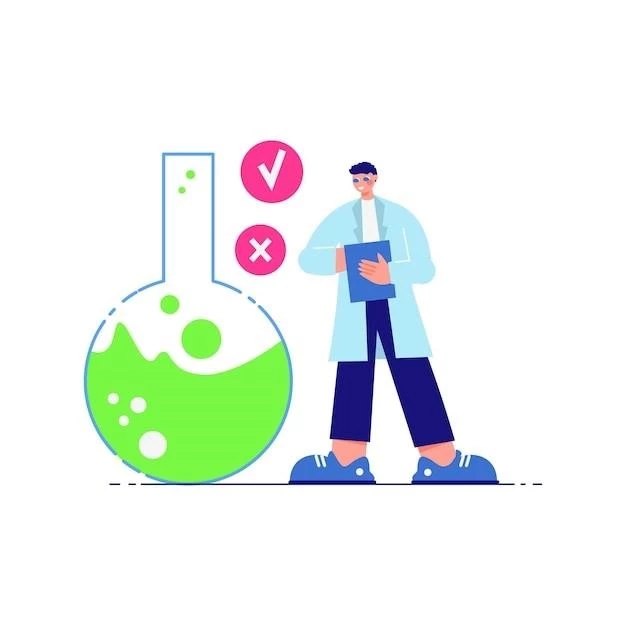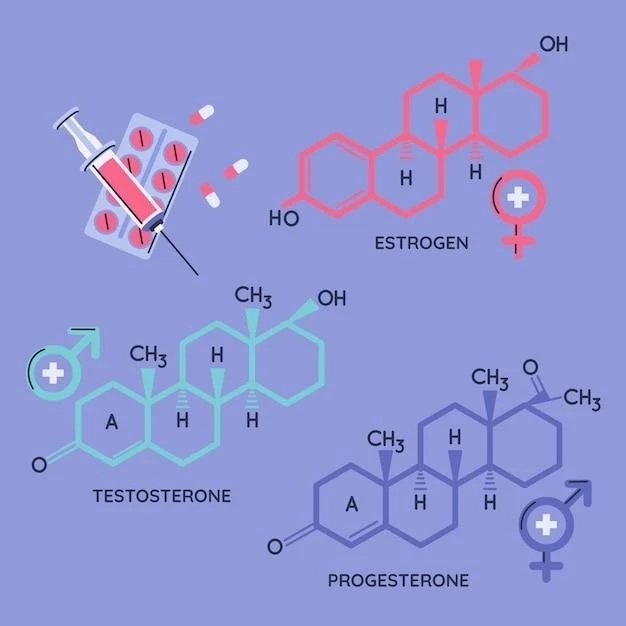Introduction to 18-Hydroxylase Deficiency
Disease⁚ 18-Hydroxylase deficiency‚ rare (NIH)․ Congenital adrenal hyperplasia results from enzyme deficiencies․ Familiarize yourself with signs and symptoms․ Seek medical advice promptly․
The congenital adrenal hyperplasia (CAH) is a group of disorders that stem from enzyme deficiencies impacting adrenal steroidogenesis․ Understanding the signs and symptoms related to CAH is crucial․ It is advised to seek medical guidance promptly for proper management․

Causes and Genetic Mutations
Understand the genetic mutations behind 18-Hydroxylase Deficiency (rare) to better grasp the condition’s origins․ Genetic counseling is recommended for further insight․
Congenital Adrenal Hyperplasia
Understand the implications of congenital adrenal hyperplasia (CAH) related to enzyme deficiencies․ Recognize the significance of prompt medical attention for proper management․
Mutations in CYP21A2 Gene
Genetic mutations in the CYP21A2 gene are responsible for causing 21-hydroxylase deficiency‚ a prevalent form of congenital adrenal hyperplasia․ Understanding these mutations is crucial for diagnosis and treatment planning․ Consult a healthcare professional for further guidance․
Recognize the classic symptoms associated with 18-Hydroxylase Deficiency to facilitate early detection and appropriate medical intervention․ Stay vigilant for signs of the condition․
Classic CAH Symptoms
Classic CAH symptoms can vary based on the type of deficiency present․ Understanding these symptoms is essential for early detection and appropriate medical management․ Consult with healthcare professionals for accurate diagnosis and personalized care․
The severity of symptoms in 18-Hydroxylase Deficiency can vary depending on the individual and the specific genetic mutations involved․ Early recognition and intervention are crucial for addressing symptoms effectively․ Seeking medical advice for personalized care is highly recommended․

Symptoms and Clinical Features
Recognize the classic symptoms associated with 18-Hydroxylase Deficiency to facilitate early detection and appropriate medical intervention․ Stay vigilant for signs of the condition․
Diagnosis and Genetic Testing
Understanding the importance of molecular analysis for 11β-OHD is crucial in diagnosing 18-Hydroxylase Deficiency accurately․ Genetic testing plays a significant role in identifying specific genetic mutations․ Consult with genetics professionals for comprehensive testing and interpretation of results․
Germline Classification for 21-Hydroxylase Deficiency
Understanding the germline classification for 21-hydroxylase deficiency is crucial in determining the genetic implications associated with this rare condition․ Genetic testing and expert consultation can provide valuable insights into diagnosis and treatment planning․
Treatment Options
Manage 18-Hydroxylase Deficiency with glucocorticoid and mineralocorticoid replacement therapies․ Expert guidance and specialist referrals are essential for comprehensive care․
Severity of Symptoms
The severity of symptoms in 18-Hydroxylase Deficiency can vary depending on individual cases․ Early detection and appropriate medical intervention are critical in managing the varying degrees of symptom presentation․ Seek medical advice for personalized treatment plans․
Specialist Referrals
For effective management of 18-Hydroxylase Deficiency‚ seek specialist referrals to endocrinologists or genetic counselors for personalized treatment plans and ongoing care․ Collaboration with a multidisciplinary team is essential to address all aspects of the condition․
Management and Prognosis
Ensure comprehensive management for 18-Hydroxylase Deficiency for improved prognosis․ Collaborate with an interprofessional team for personalized care and enhance life quality for better long-term outcomes․
Role of an Interprofessional Team
The active involvement of an interprofessional team is crucial in managing 18-Hydroxylase Deficiency․ Collaborative efforts between endocrinologists‚ genetic counselors‚ and other healthcare professionals help ensure comprehensive care tailored to the individual’s needs․ This coordinated approach enhances treatment outcomes and overall quality of life for patients with this rare condition․
When managing 18-Hydroxylase Deficiency‚ focus on enhancing life quality and long-term outlook․ Engage in regular follow-ups with healthcare providers to ensure optimal care and support for improved well-being and future prospects․
Research and Advancements
Stay informed about recent advancements such as novel P450 hydroxylase discovery and studies on endothelial PHD2‚ offering promising insights into 18-Hydroxylase Deficiency․ Stay engaged with emerging research for potential treatment breakthroughs․
Life Quality and Long-Term Outlook
Focus on improving life quality and long-term outlook in individuals with 18-Hydroxylase Deficiency․ Regular medical follow-ups and adherence to treatment plans can positively impact overall well-being and future health outcomes․ Stay proactive in managing the condition for a better quality of life․
Studies on Endothelial PHD2 and Aging-related Conditions
Research on endothelial PHD2 and aging-related conditions provides valuable insights into the pathophysiology of age-related disorders․ Understanding the role of endothelial PHD2 can offer potential therapeutic targets for improving health outcomes in aging individuals․ Stay informed about the latest studies in this area for future advancements in managing age-related conditions․
Support Resources and Organizations
Find supportive resources and information from organizations such as the National Organization for Rare Disorders (NORD) for guidance and assistance in managing 18-Hydroxylase Deficiency․ Access financial aid and support groups for additional help․
National Organization for Rare Disorders (NORD)
Access support and resources through the National Organization for Rare Disorders (NORD) to gain valuable information and assistance in managing 18-Hydroxylase Deficiency․ Utilize their services for guidance and support in navigating the challenges of this rare condition․
Financial Assistance and Support Groups
Explore financial aid options and seek community support groups to alleviate the burden of managing 18-Hydroxylase Deficiency․ These resources can offer financial relief and emotional assistance during your journey with this rare condition․
